Where you can go on holidays in 2021
Rome and Rio are out, but road trips and (possibly) Rotorua are in. Here’s the reality of where Aussies will be able to take their holidays for the rest of this year and into 2021.
The great Australian road trip never really went out of fashion but travel industry experts believe it could roar back to life during the COVID-19 era as Aussies hit the highways instead of international air routes.
Speaking to News Corp this week, Federal Tourism Minister Simon Birmingham dampened expectations of a swift return to normality in terms of international travel.
New Zealand was currently “the only country where you could imagine that Australia might relax travel restrictions and allow the free flow of movement,” he said, but even that possibility was “some distance off”.
“The road back will presumably be a gradual one, beginning with opportunities for short regional trips and intrastate travel before states lift some of their restrictions, and likely last will then be opportunities for international travel,” Senator Birmingham said.
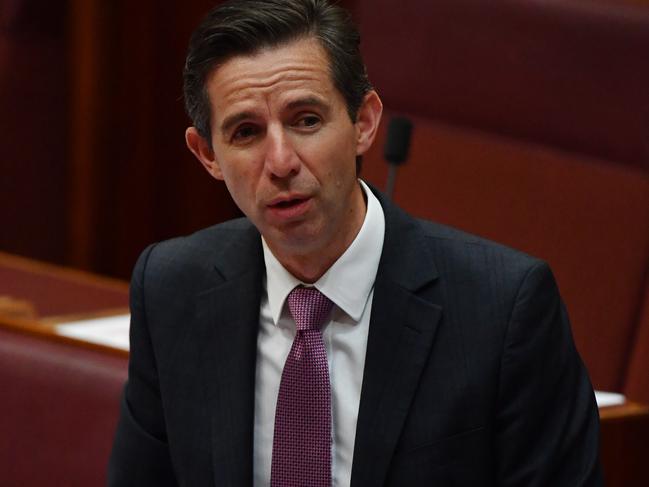
The reopening of state and territory borders were a matter for those jurisdictions, he said, but he hoped Australians could travel across the country safely “within the next few months”.
Australian Tourism Industry Council executive director Simon Westaway said it was his expectation that domestic tourism would “really start to roll again” in the third quarter of the calendar year, but it was “absolutely mandatory that we get tourism industries opened up well in advance of the Christmas period, both from an economic and community fabric point of view”.
A recent study from Tourism Research Australia found that Australians spend a total of $64 billion on overseas travel each year.
Deprived of destinations like Bali and Bangkok, will Aussie tourists sink that sort of coin into destinations like Broome and Ballarat instead?
Mr Westaway said “the window of opportunity is absolutely there, and it could actually be quite large”.
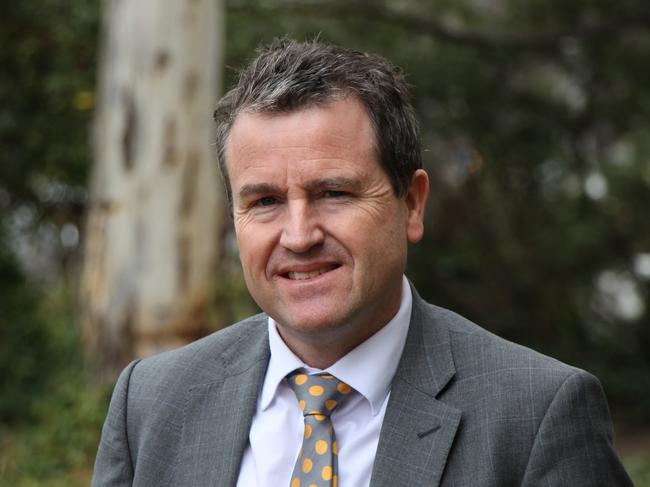
Opening up the domestic market to Kiwis would bring further benefits, he said, noting that every year 1.4 million short-term visitors arrive from New Zealand, and the market was worth over $4 billion in terms of spend.
One of the difficulties with opening the border between the two countries is the differing caseloads in the two countries. The endgame strategies also differ.
Canberra is pursuing coronavirus “suppression” while Wellington hopes to achieve “elimination” – although New Zealand Prime Minister Jacinda Ardern clarified this week that elimination meant “zero tolerance” for cases, rather than zero cases per se.
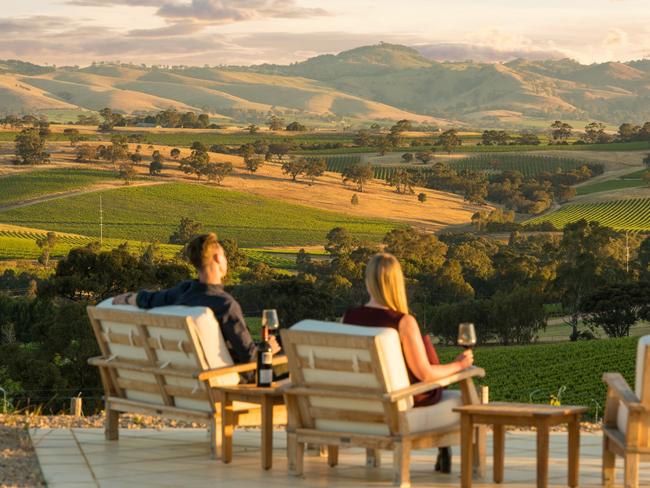
Senator Birmingham said New Zealand, like Australia, “were doing an exceptional job in containing the spread of COVID-19”.
“That may create a circumstance where the two countries have greater confidence in allowing travel to resume. I still think that is some distance off, it will require agreement between the two of us, but I have no doubt that if the rest of the world is off limits, many Kiwis might love the opportunity to explore Australia and vice versa.”
Beyond New Zealand, many in the industry have speculated about other possible destinations opening up for Australian travellers.
In an online forum for News Corp readers this week, Tourism and Transport Forum CEO Margy Osmond said she was “optimistic” that some other destinations in the Pacific could become available for Australian travellers towards the end of this year, “with the right protections”.
Lonely Planet founder Tony Wheeler told News Corp he “really had no idea” what was going to happen, but a range of countries in different regions – including Taiwan, South Korea, Austria and Greece – appeared to be getting on top of infections.
But Senator Birmingham said in terms of Australia’s attitude to reopening borders, it was “incredibly unlikely that we would see other parts of the world treated differently at different times”.
The only exceptions, he said, would be New Zealand, “and potentially other parts of our Pacific family”.
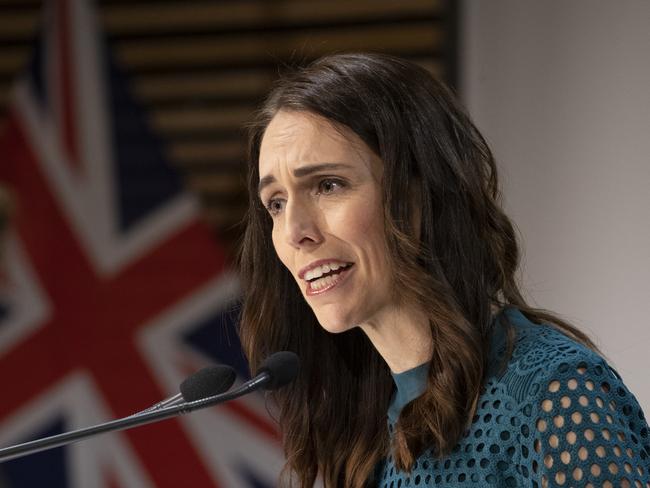
“In the end, we hope to see a vaccine come that will enable us to safely open up to the rest of the world, but until that point we’ve got to be very mindful of the fact that countries who thought they had these things under control have seen it spiral out of control quite quickly, like the current circumstance in Singapore, so I don’t think we’d be taking risks with some parts of Europe but not other parts, or some parts of Asia but not other parts,” he said.
THE RETURN OF THE GREAT AUSSIE CARAVAN TRIP
From Uluru to Kakadu and from Ningaloo to the Nullarbor, with plenty in-between, the Fletcher family’s planned caravan holiday sounded completely awesome.
Unfortunately COVID-19 put a spanner in the six-month adventure they planned to start in June, necessitating a move into a rental property, but the family (Hamish, 6, Olivia, 8, and Rebecca and James, both 37) are hopeful they will be able to set off towards the end of 2020.
“At that point we’ll re-evaluate, and if things are all ready to go then we’ll happily head off, and if not we’ll wait a little bit longer. We just have to be flexible and wait and see,” said Rebecca.
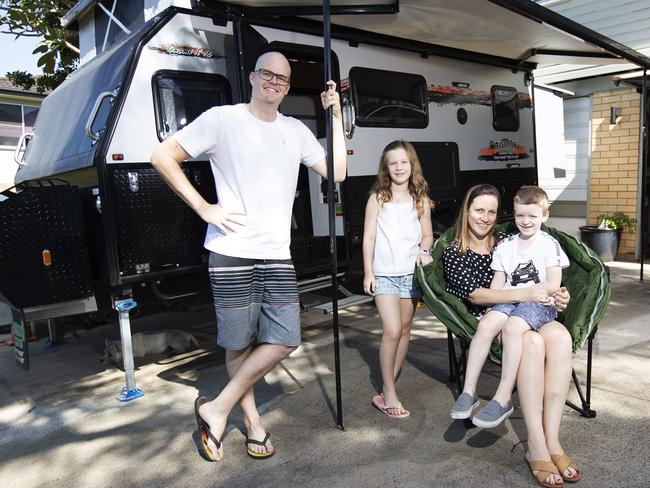
“We travelled overseas in our younger years, and I think with the kids the age they are we were just keen to explore Australia. We know the country’s got so much to offer and we don’t need to be dragging kids overseas on a 24-hour plane trip to the other side of the world to see something beautiful and amazing.”
For James, the trip also represents a chance to make some family memories.
“I’m in the construction industry and it’s quite involved when it’s booming; you’ve really got to be disciplined to make sure you have that work/life balance, and in their younger years I probably was working more than I would have liked,” he said.
“So I want to make sure we have those experiences and the kids have the experiences now.”
The Fletchers will be just one of an expected cavalcade of caravans hitting the highways after coronavirus restrictions are lifted but while international borders remained closed.
Caravan Industry Association CEO Stuart Lamont said there were over 700,000 caravans and recreational vehicles registered across the country, and rates of ownership had been growing annually by a consistent 6 per cent, stretching as far back as the GFC.
The sector contributed about $23 billion worth of economic activity, he said, and 90 per cent of that was outside the major metropolitan centres.
In addition to the well-known benefits of caravanning – the opportunities for family bonding, the ability to travel at one’s own pace and its relative cheapness – a new factor might play in its favour during the coronavirus crisis: vans are a bubble.
“Travelling in your own ecosystem,” is how one industry source described it.
The Fletchers said that idea was not really a consideration for them, though they were mindful of exposing others to the risk of contagion.
“The last thing we wanted to do was beat any border closures and shoot off earlier, and run the risk, if we got sick, of taking it to a remote community, where it’s obviously going to have a major impact,” James said.
“That’s why we’re content to wait.”
